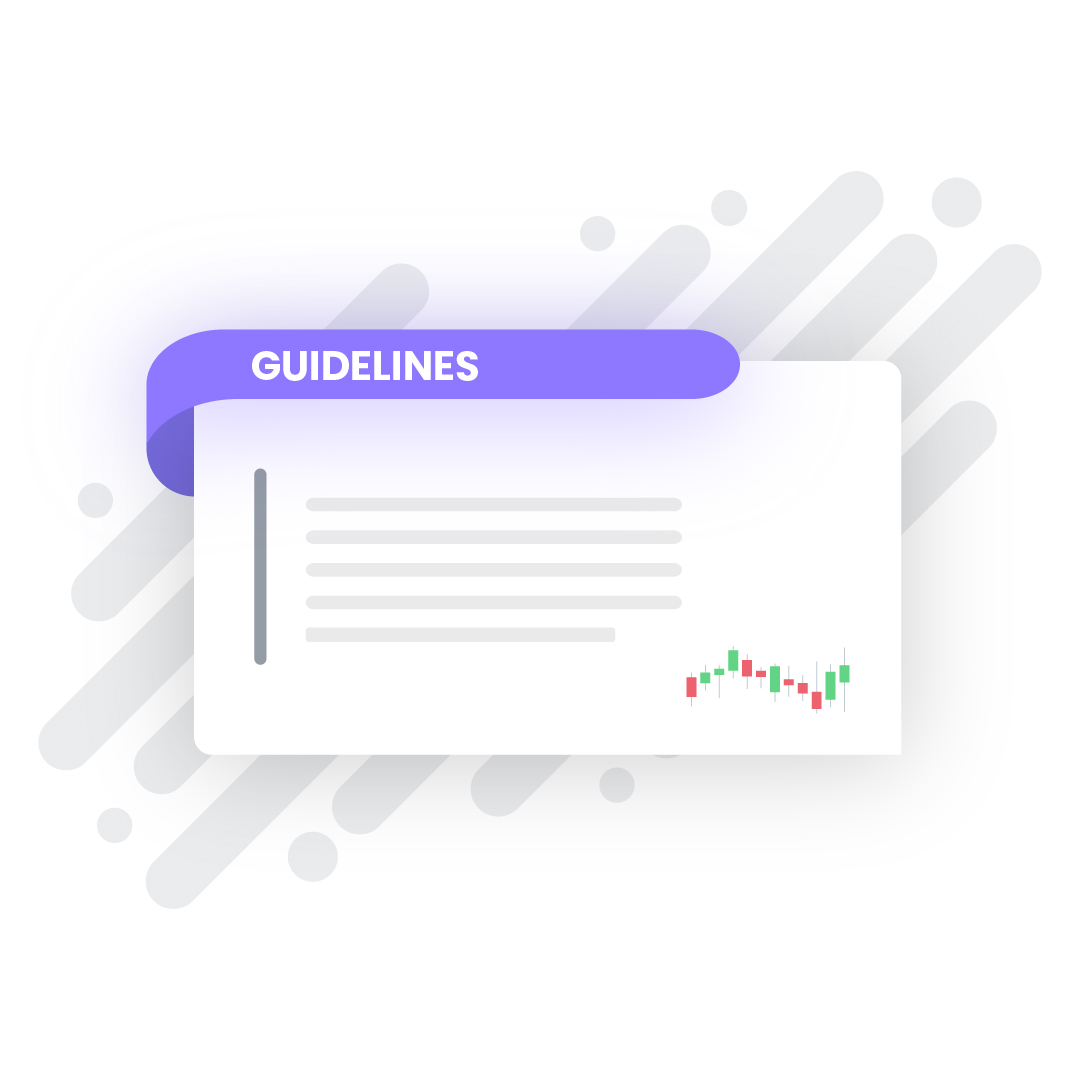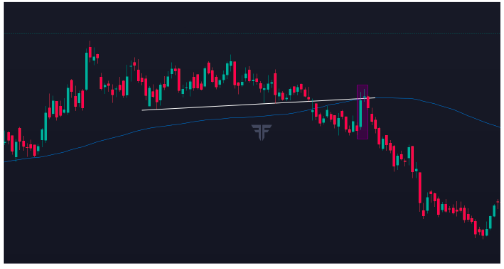
In this brief chapter, we will discuss guidelines and suggestions relating to Trading Psychology and emotional wellbeing.
Important psychological guidelines that are worth keeping in mind:
Trading is a battle. Every trade that you enter is nothing short of a battle that will test not only your skill but also your mental agility, patience, and endurance. Keep in mind that you cannot become a successful trader just by mere luck. While knowledge and experience will play a key role, they are not the only factors that determine trading success. The other factor that is equally important, if not more, is trading psychology and how well you deal with your emotions and biases. In trading, your greatest enemy is your mind. If you do not train it well to handle the emotions and biases you encounter in trading, you are going to have a hard time in finding success, no matter how skilled and knowledgeable you are.
With that said, below are some guidelines and suggestions worth keeping in mind, some of which might already have been highlighted in the previous chapters:
Before entering a trade:
- Before entering a trade, do all the due diligence and thoroughly assess the probabilities of the trade setup based on various parameters of your choice
- Do not trade based on your gut feeling, but rather do so based on evidence (which could be fundamental, technical, and/or quantitative)
- Only execute a trade when you have ample confidence in your setup
- Entering a trade when you are not so convinced about the setup is likely to kick in emotions even in case of a small move against your position
Learn to think positively:
- Always have a positive mental attitude when trading, be it before you enter a trade, during a trade, or even after you exit a trade
- Engage in activities that you like and that would help you feel upbeat and motivated. This in turn would help in maintaining a positive mindset and in reducing stress
- Practising Yoga and/or Meditation is one good way to learn how to deal with stress and control emotions not only in trading but even in other activities
Negative mindset will impair your decision-making ability:
- Remember, your mind frame will have a strong bearing on the decisions and actions you take
- Having a negative mind will kick in fear, stress, and panic when things are not working your way. On the other hand, having a positive mind will help you in remaining calm and in managing your emotions and trades effectively
- Also keep in mind, negative mindset will not have any positive impact on your trading. If anything, it will only make matters worse. So, why even think negatively when there are no tangible benefits of doing so?
Confidence is a must, but excess greed and overconfidence are bad:
- While you need to think positively, excess greed and overconfidence are emotions that you must avoid falling for, as they could impair your trading decisions
Keep a record of not only your trades but also your emotions:
- Keep a track of all your trades to ensure that you are not deviating from your trading plan and allowing emotions to take over
- Besides keeping a track of your trading performance, it is worth keeping a record of emotions and biases that you encounter when trading
- You could also, in front of your trading desk, keep a written record of emotions and biases you regularly encounter, so as to be aware of them and keep them in check
Think before executing, but don’t question yourself after executing:
- Think carefully before taking a trade based on a particular setup. But after a trade is taken, trust your setup. Never doubt or question its validity as long as the rationale behind it is intact
Believe in your setup and stick to your risk & money management strategies:
- Strictly adhere to your risk and money management strategies at all costs and stay sincere to your stop losses. If they are hit, exit the position without even a second thought
The biggest risk is not taking any risk:
- If you spot a good setup with a well-defined risk, do not refrain from taking a position(s) due to fear of capital loss. Mark Zuckerberg, Facebook’s founder once said, “the biggest risk is not taking any risk”. This quote applies to trading as well
Think independently and differently:
- Think independently and at times, also learn to think differently from the crowd
- Listen to the market news and opinion around you, but do not get influenced by them. Instead, act only based on your rationale and studies and not based on news or rumours
- Once a trade is taken, do not get obsessed and try to monitor every price tick. This could unduly impair your decision and cause you to act emotionally, even before the stop loss is hit or target is achieved
Don’t be under the pressure to always trade:
- Only trade on days when you are physically and mentally prepared. Trading on days when you are, say emotionally down, could impair your decisions or cause them to be subpar
Keep patience and be open to learn from mistakes:
- It takes time and effort to gain control of your emotions and biases as well as to modify your personality traits. Do not expect to develop this skillset overnight
- Be willing to acknowledge and learn from your mistakes, rather than trying to run away from them by blaming the markets for the wrong trade

In the chart above, notice the region where the price broke below the trend line (white) and the moving average line (blue). A short position could have been initiated here. However, then see the subsequent strong, single candle pullback (shown inside the rectangle). Now think about this. What would have happened if the trader had a negative mindset when shorting this security? Chances are that he or she would have panicked and exited the position following the unexpected rally, without thinking with a cool mind and taking decision after reanalysing the trade setup. Ahead, notice that the rally soon faded, and the security declined sharply in the subsequent candles. Hence, it is important to be positive, keep emotions in check, and take decisions practically rather than emotionally.

Before we wind up this chapter, notice above how the Tiger is waiting to capture its prey. To succeed, the tiger needs to spot the prey, then strategize on capturing the prey, then get near the prey without being noticed, then patiently wait for the right moment to arrive, and finally pounce on the prey at the right time. Trading is also similar. A strong strategy, patience, and timing are some key factors that you need to take into consideration when trading.
Next Chapter
Comments & Discussions in
FYERS Community